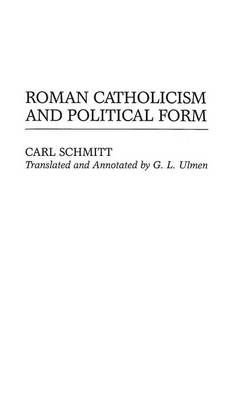
1/ The intellectual context in which @BrunoLatourAIME was operating in the mid to late 1970s is crucial for an understanding of his later work.
@BrunoLatourAIME 2/ Back then, French epistemology of science was dominated by the school known as ‘l’épistémologie historique’, as represented by the work of Koyré, Cavaillès, Bachelard, Canguilhem & others.
@BrunoLatourAIME 3/ Central to its explanation of how science functioned was the concept of “la rupture épistémologique”, the progress of scientific knowledge in terms of sudden leaps & paradigm shifts, each time breaking with the previous order by means of a total negation of that which is past.
@BrunoLatourAIME 4/ Latour believed this was guilty of immunizing the hard sciences from the social constructivist analyses that were being produced at the time and that were being applied to the human sciences, especially in the work of Althusser & Foucault
@BrunoLatourAIME 5/ Or, to put it another way, Latour believed that advances that had been made in French critical theory were not being applied to science itself, with the result that science was being treated as a domain of rationality that was not “constructed” or “composed” at all.
@BrunoLatourAIME 6/ Quote from 1987 article: "The French strengths and weaknesses are precisely complementary: the nature of society and the relationship between society and intellectual discourse have been examined at great length, but science itself […] has not yet entered into this reworking"
@BrunoLatourAIME 7/ As a reaction to this perceived lacuna or blind-spot, Latour treated his research project in R. Guillemin’s laboratory as an opportunity to apply social constructivist analysis to the hard sciences in a symmetrical manner to how it had previously been applied to human sciences
@BrunoLatourAIME 8/ In doing so, Latour was able to re-envisage science as a materially and temporally-situated practice. This is the crucial insight of ALL his subsequent work, including his critique of Modernity which is in terms of its false metaphysics of transcendence.
@BrunoLatourAIME 9/ Modernity seeks to deploy a naturalistic metaphysics that it attributes to mechanistic science, but for Latour science never did this anyway.
@BrunoLatourAIME 10/ The work of François Dagognet (a student of Canguilhem's & an important interpreter of Foucault’s writing) was an influence upon him at this time, in particular the 1973 text Écriture et iconographie.
@BrunoLatourAIME 11/ it is useful and important to note the semi-concealed polemic directed at the concept of “la rupture épistémologique” in the texts emanating from this phase of Latour’s career, the late 1970s, & especially his work with the "Pandore" team.
@BrunoLatourAIME 12/ It situates his epistemology of science in a broader context of contemporary intellectual debate, thus facilitating an understanding of what he proposes in texts like Laboratory Life, Science in Action and Pandora's Hope.
@BrunoLatourAIME 13/ And it foreshadows the argument of his mid-career text, We Have Never Been Modern, published in French in 1991 and in English two years later, where Latour extended these insights into an analysis of the entire ideological structure of western society.
• • •
Missing some Tweet in this thread? You can try to
force a refresh











